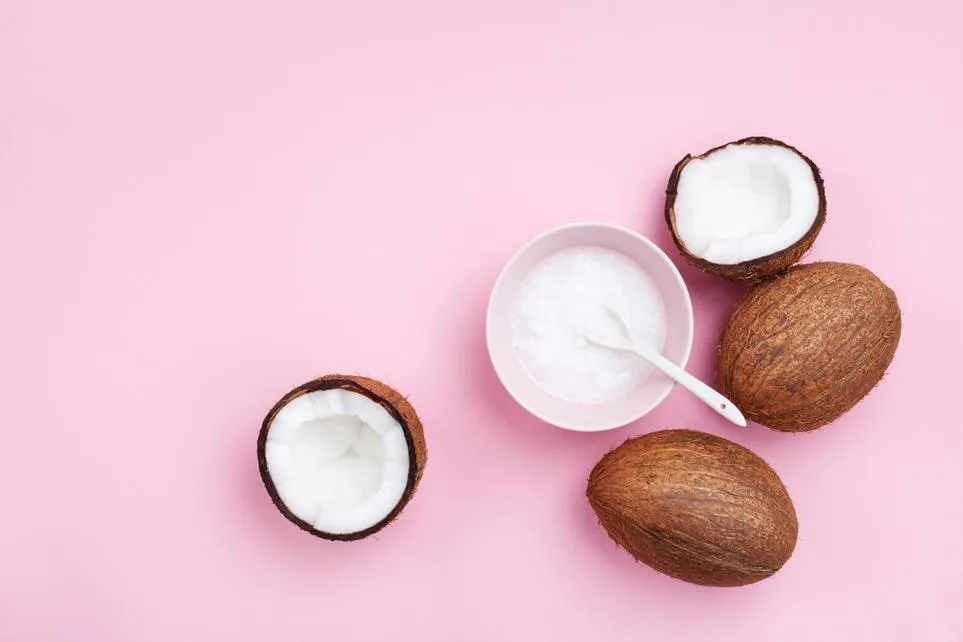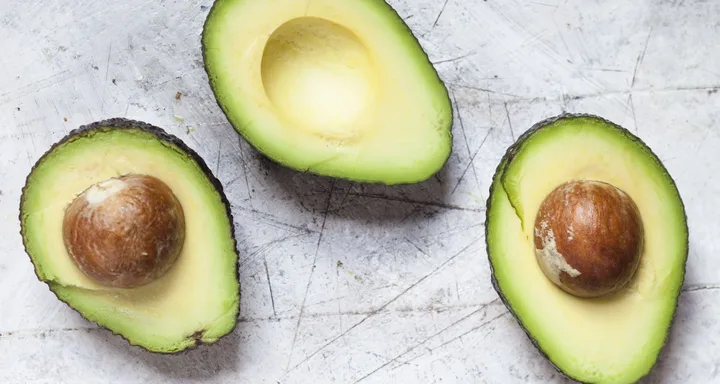Arguably one of the biggest buzzwords in the worlds of wellness and weight loss today, ‘keto’ is one diet trend that shows no signs of fading any time soon.
However, perhaps thanks to its strict emphasis on fats and shunning of carbs (ciao, pasta!), it appears that the stringent ketogenic diet is set to be superseded by its younger, more lenient sister, ‘lazy keto’, also known as ‘relaxed keto’.
While the original keto diet has been espoused by various celebrities, including the likes of Kourtney Kardashian and Gwyneth Paltrow, the question as to what actually constitutes a ‘lazy keto’ diet is a warranted one.
In order to best understand ‘lazy keto’ and all that it involves, we consulted the experts to determine whether it’s really a trend worth trying.
Firstly, What Is The Ketogenic (Keto) Diet?
The ketogenic diet, or ‘keto’ as it is now widely known, was originally created to help people diagnosed with epilepsy (specifically children) reduce their risk of seizures if they weren’t responding to medication, and it’s not an easy one to adhere to.
“A true ketogenic diet is pretty strict. Five percent of energy comes from carbohydrates, which equates to roughly 20 to 50 grams a day, depending on the individual. This might be one slice of bread or a piece of fruit, so it’s not much! The remainder is split between fat [making up] roughly 80 to 90% of your intake, and protein, with the 10 to 20% that’s left,” explained Accredited Exercise Physiologist and Certified Intuitive Eating Counsellor, Sarah King.
“This forces our body to switch from burning predominantly glucose for energy, which is our body’s preferred fuel source, to fat, with a by-product of ketones forming, which the brain can use for energy in the absence of glucose.”

How Is ‘Lazy Keto’ Diet Different From The Original And What Does It Involve?
True keto is very hard to follow as food tracking is a non-negotiable to ensure that you are sticking to the recommended amounts of fats, proteins and carbs.
On a technical level, you should also be taking either a urine, blood or breath test to determine whether the body is in true ketosis, so it is by no means the easiest route to weight loss. This is where ‘lazy keto’ comes in.
“Lazy keto is a simplified, slightly ‘bastardised’ version of the original diet. With lazy keto, you only need to make sure you don’t go over 20 grams of carbohydrates per day, but you can consume protein and fat in whatever ratios you want to,” said King.
Sound too good to be true? That’s probably because it is, King explained.
“There’s a sneaky catch – if you eat too much protein your body can actually turn it into carbs through a process called ‘gluconeogenesis’. This pretty much defeats the purpose of the diet as you’re no longer in ketosis.”

Is Lazy Keto Good For You?
At this stage, there doesn’t appear to be any scientific evidence supporting the lazy keto diet, however there are findings that indicate that low-carb styles of eating are not good for long term health.
Carbs actually play a fairly important role in overall health, King emphasised, with research indicating that for every 15 gram increase of whole grains eaten per day, total deaths and incidences of coronary heart disease, type 2 diabetes and colorectal cancer decreased by 2 to 19%.
Ultimately, no matter what the diet, it needs to be something that can be followed consistently, ideally for a lifetime.
“The best diet is the one you can sustain long term, and one that includes an array of fruits, vegetables, whole grains, nuts and seeds, alongside plant or animal-based protein sources, is ideal,” said King.
“Although lazy keto will cause weight loss, the unfortunate truth is that most diets fail and most people regain the weight they’ve lost and sometimes more, which is why sustainable, gentle nutrition that is inclusive of all food groups is the best way forward.”
Accredited Practising Dietitian Chloe McLeod echoed King’s sentiments, stating that keto (in any form) is not something she usually endorses, due to its potential effects on gut health.
“The keto diet, or the lazy keto diet, is not something I usually recommend, due to the particularly low quantity of fibre consumed, and the impact this can then have on our gut health,” said McLeod.
“Consumption of good quality, wholegrain carbohydrates, legumes, starchy vegetables and fruit are important for maintaining diversity our micro biome. Not consuming these foods can cause significant change, and not necessarily positive change. Research has shown a high fat diet can change the balance of healthy bacteria in the gut, with potentially wide ranging effects on health, not to mention, an increased risk of constipation.”

What Should Women Keep In Mind Before Trying Any Version Of The Keto Diet?
While it’s tempting to think that health findings and studies are universally applicable across the board, this is not the case.
For a long time, the majority of the studies were conducted on men, without the consideration that women’s bodies operate completely differently, and may therefore have entirely different requirements. This can have drastic consequences where women’s hormones are concerned.
“Low carbohydrate diets are not a friendly environment for our female hormones. The hypothalamus, which is in our brain, is incredibly sensitive to changes in energy intake, which is why sometimes when we diet too hard our menstrual cycle gets disrupted or stops altogether,” said King.
According to McLeod, the keto diet may have an impact on thyroid hormone secretion and the benefits advocates of the diet typically report are not necessarily one-size fits all.
“It is very difficult for most individuals to stick to a true keto or lazy keto diet. Whilst some individuals report feeling amazing, many find low energy levels, difficulty concentrating, nausea and constipation as common side effects,” said McLeod.
Ultimately, self-love and consistency is the name of the game, with both experts agreeing that sustainability is key when it comes to health and weight loss.
“Always place your self-worth above any diet. As women we need to start making better choices that fuel our bodies in a healthy way, instead of conforming to the messages that we need to be smaller and fit into a thin ideal. Your health (mental and physical) should always matter first, and if you find that any particular style of diet is jeopardising that, then ditch it and move on!” said King.
“Whatever style of eating you choose to follow, you’ll likely see best results if you choose something that you can follow consistently as a way of life, rather than a restrictive diet,” said McLeod.










